Disclaimer
As I will be discussing the latest headsets, I will not be including headsets that are currently deprecated or soon-to-be-deprecated!
Examples
- Oculus Go, declared end-of-life in June 2020 [https://www.theverge.com/2020/6/23/21299311/oculus-go-headset-discontinued-quest-alternative-app-channel-launch]
- Oculus Rift S [https://www.theverge.com/2020/9/16/21422717/facebook-oculus-rift-s-discontinued-quest-2-vr-connect]
The world of VR & MR hardware can be intimidating, and it doesn’t help that manufacturers use complex technical marketing jargon for the purpose of product differentiation. Jargon aside, it is ultimately the immersion and presence that the hardware can provide that triumphs over all.
This article will therefore utilize the 2 main criterion of immersion and presence, to evaluate the latest VR & MR headsets that offer the best user experience.
Immersion
Immersion entails the ability of the headset to engage with the human experiential senses, i.e. vision, auditory engagement, touch etc.
Presence
Presence entails invoking the emotions of the user through putting the user through illusions, illusions that they exist within the virtual space projected by the headset, illusions that the user is really interacting with the entities in the virtual world, etc.
List of Hardware for VR/AR/MR that I think are GREAT
HTC Vive Cosmos
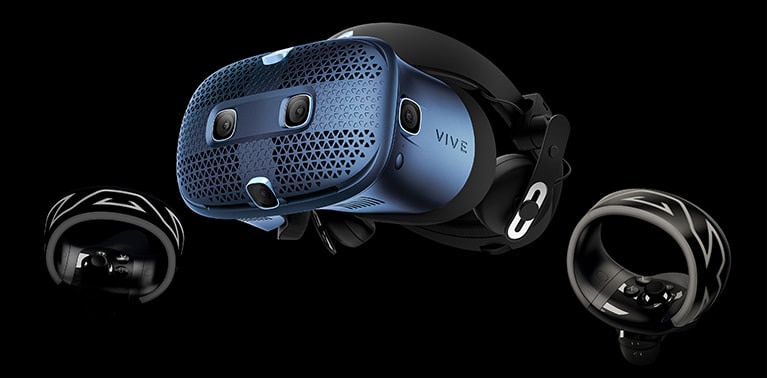
Type – Head Mounted Display for VR
Specs
- FOV – 110 degrees
- Resolution – 2880 * 1600 combined
- Refresh Rate – 90Hz
- Display – LCD
- Audio – Built-in speakers + option to use own headphones
- Tracking – Inside-out
The HTC Vive Cosmos’s most attractive feature is perhaps its ability to add on additional external (outside-in) tracking devices such as its optional HTC Base Stations to enhance and improve the performance of its pre-existing integrated inside-out tracking capabilities. This provides an extremely holistic and customizable tracking experience for consumers.
Magic Leap One
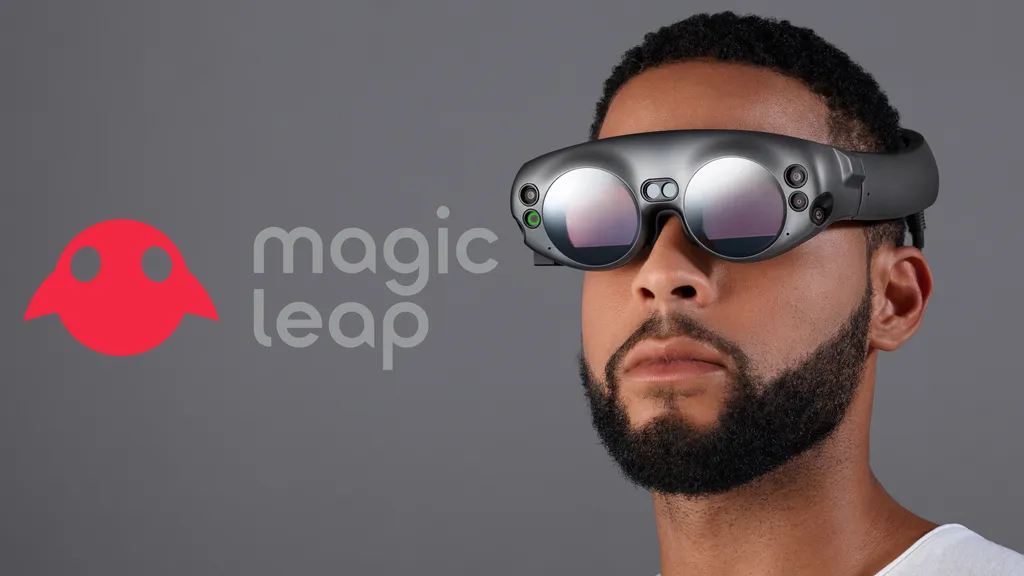
Type – Head Mounted Display for MR
Specs
- FOV – 50 degrees
- Resolution – 2560*1920 combined
- Refresh Rate – 60Hz
- Display – Waveguide
- Audio – Built-in speakers + options for own headphones
- Tracking – Inside-out + controllers
The Magic Leap One aims to differentiate itself from other competitors such as the Hololens 2 by isolating and separating the computing unit, which reduces the weight of the head-mounted unit and reduces fatigue for the user. Furthermore, the Magic Leap One’s was designed with its intended audience to be consumers, which is corroborated by its numerous partnerships with entertainment companies.
Microsoft Hololens 2
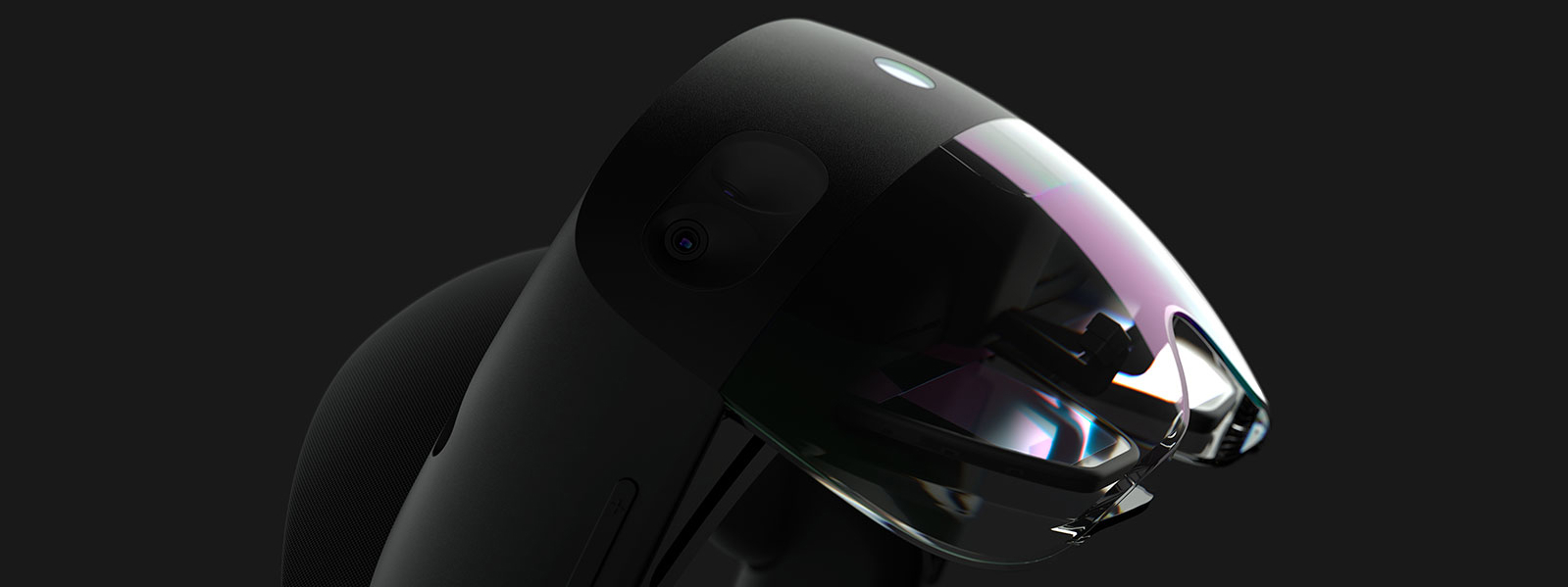
Type – Head Mounted Display for MR
Specs
- FOV – 30 degrees
- Resolution – 2536*1440 combined
- Refresh Rate – 240hz (60hz content rate with 4 individual sequential colors)
- Display – Waveguide
- Audio – Built-in speakers + options for own headphones
- Tracking – Inside-out + controllers
The Microsoft Hololens 2 features see-through holographic lenses with light engines. For haptics, it has 4 light cameras for head tracking, IR cameras for real-time eye tracking. Controllers are not needed for this HMD, as the hololens is able to sense and track the user’s hand gestures. This makes for a more intuitive user experience as users are seemingly able to interact with entities projected by the HMD without the use of any additional hardware.
Samsung HMD Odyssey+
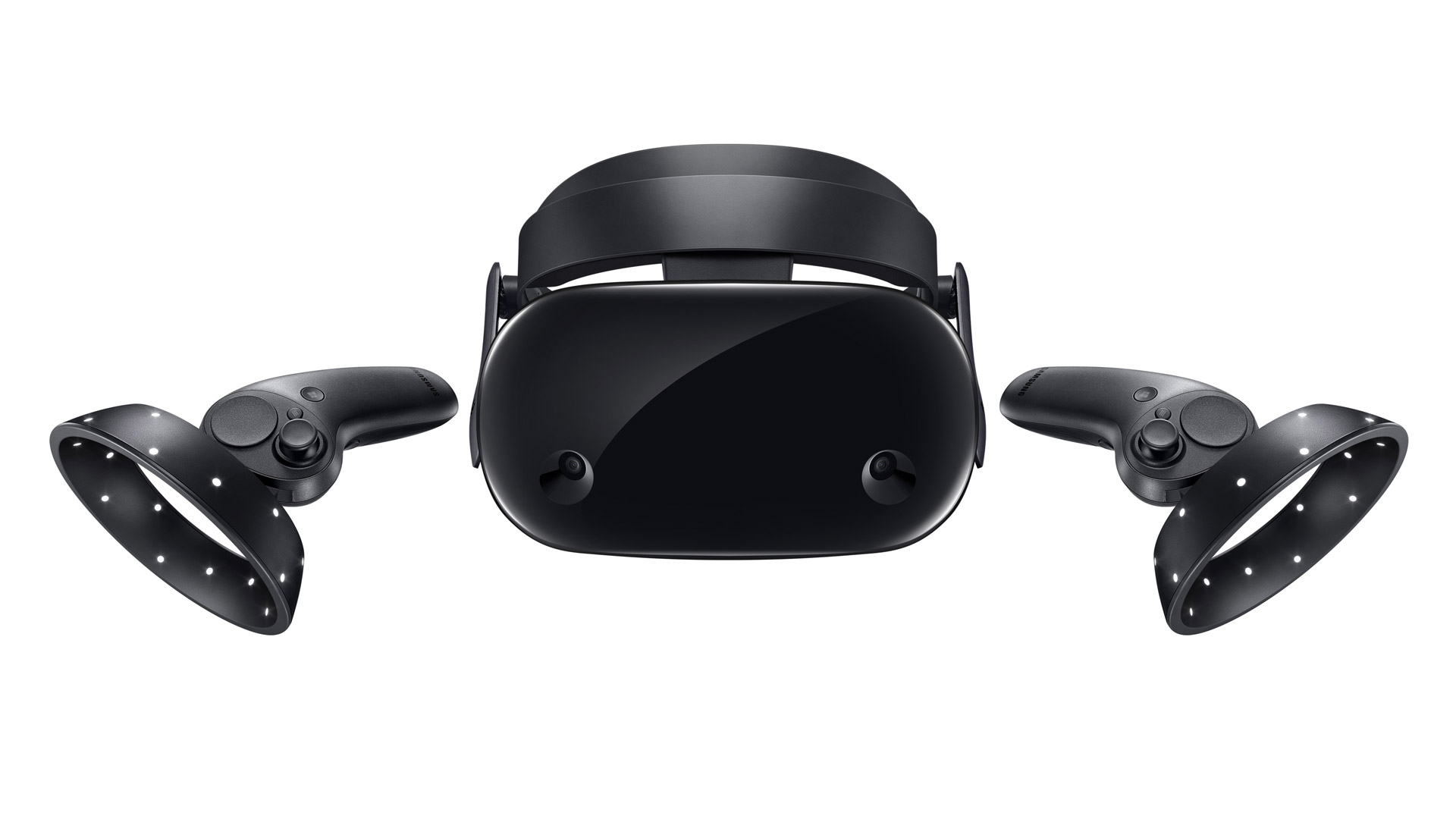
Type – Head Mounted Display for VR
Specs
- FOV – 110 degrees
- Resolution – 2880 * 1600 combined
- Refresh Rate – 60Hz, 90Hz
- Display – AMOLED
- Audio – Built-in speakers
- Tracking – Inside-out
Perhaps the most attractive feature of the Samsung Odyssey+ is its AMOLED display, which sets itself apart from its competitors and their generic LCD screens. In theory, AMOLED offers higher peak brightness and color vibrancy as compared to LCD, which may provide a better visual immersion for its users.
The Valve Index
/cdn.vox-cdn.com/uploads/chorus_image/image/63333637/ss_4c0730d4926771f9a99c72bc4f0b836843975dc5.1920x1080.0.jpg)
Type – Head Mounted Display for VR
Specs
- FOV – 130 degrees
- Resolution – 2880 * 1600 combined
- Refresh Rate – 80, 90, 120Hz (Has experimental 144Hz)
- Display – LCD
- Audio – Built-in speakers + option for using your own headphones
- Tracking – Relies on external (outside-in) tracking system (base stations), while it is sold with the Valve Base Station 2.0, this HMD is also backwards compatible with previous HTC Vive base stations
Valve Base Station 2.0
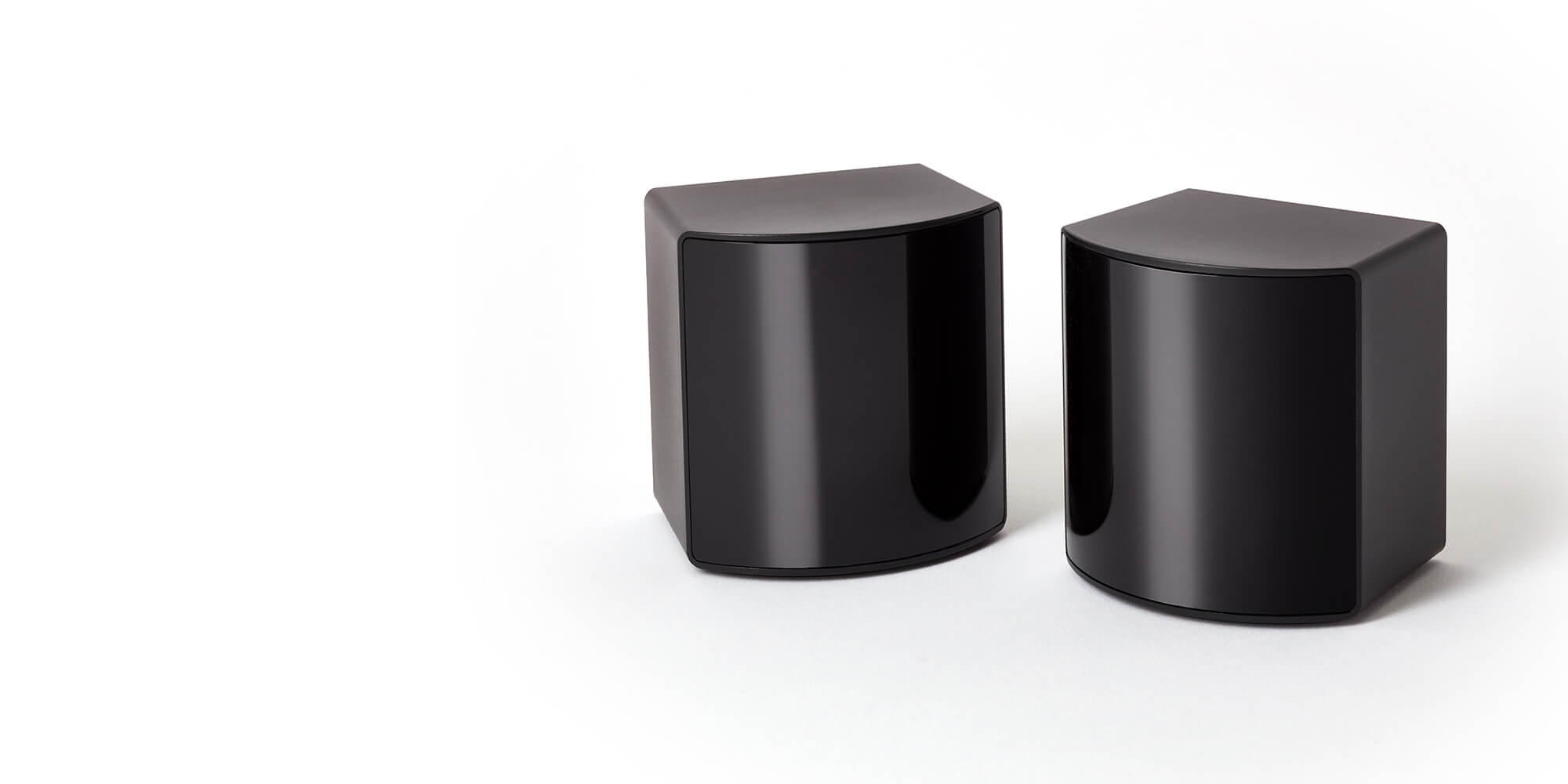
Type – External Tracking Device
The Valve Base Station 2.0 is compatible with the VIVE Pro, VIVE Pro Eye or Cosmos Elite. as well as the Valve Index.
Each base station has a range of 7 meters, each with a FOV of 160 x 115 degrees. Up to 4 base stations can be used at once, for an up to 10m x 10m play space.
My Most Preferred Devices
VR – The Valve Index + Base Station 2.0

The Valve Index boasts a wide range of refresh rates, from 80Hz up to an experimental 144Hz. This creates a smooth and realistic visual experience. This is important for the visual immersion aspect of the user’s experience as higher refresh rates offer lesser ghosting, less screen tearing. For fast paced games such as FPS games, higher refresh rates can offer a competitive edge as a result of this smoother experience
The Valve Index also has the widest FOV (130 degrees) amongst all the the other latest VR headsets in the market today, such as the Oculus Quest 2, and the HTC Vive Cosmos. This offers the closest experience to the FOV of the human eye (210 degrees). Although there is still much to be desired, this is the best we have. With a wider FOV, entails a smaller size of black borders that are endemic with VR headsets with smaller FOVs, which contributes to a greater illusion of being in a stable spatial space and physical interaction. These features reduces the chances of a fourth-wall-breaking experience.
The Valve Index also allows for external headphones to be used in lieu of the in-built speakers provided by the headset. This allows the user to fine-tune their auditory experience to their liking and comfort level. For example, using noise-cancelling headphones to create greater isolation from external noise, which improves auditory immersion.
The Valve Index relies on external tracking via base stations. The external tracking system allows for more precise tracking of the user within the play space, being able to triangulate the user’s location within the space in ways that an internal tracking system can’t. The precision to which each gesture is captured adds to the illusion of self-embodiment of the user in the virtual world.
MR – Microsoft Hololens 2

Comparing the Magic Leap One vs Microsoft’s Hololens 2, the Hololens 2 provides an overall more intuitive experience due to its hand-tracking technology. Unlike the Magic Leap One, the Hololens 2 offers a controller-less and hands-free tracking experience which significantly improves the sensory immersion aspect of touch.
Furthermore, since the Magic Leap One’s headset is separated from the computing unit, it requires a cable to be connected to it which introduces fourth-wall breaking inconveniences such as cable drag and microphonic noises.
Lastly, the Hololens 2 boasts a blazing-fast refresh rate of 240hz over the Magic Leap One’s 60hz, which offers an unparalleled visual experience that is smooth and lag-free.
However, we also have to bear in mind that the Magic Leap One’s intended users are everyday consumers, and its $1000 USD price difference as compared to the Hololens 2 is testament to that. As such, although it is easy to chalk up these discrepancies in technical features as cost-cutting measures, the Magic Leap One provides an accessible entry point for the everyday consumer looking to dive into the world of MR.
